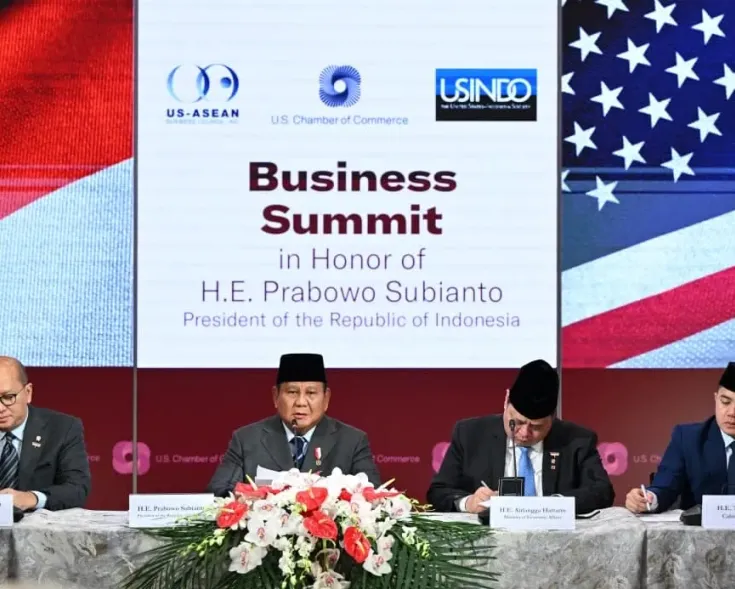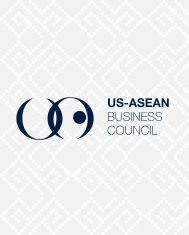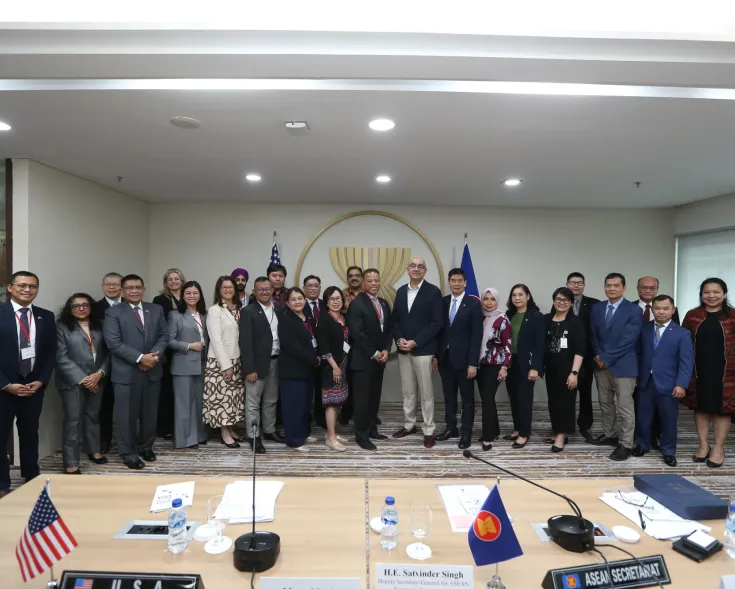Popular Searches
Date
to
Popular Searches

2026 Q1 Philippines Committee Call
The Council is pleased to invite you to our 2026 Q1 Philippines Committee Call. During the call, the team will discuss the Committee’s draft 2026 workplan and proposed objectives, themes, and activities for the year ahead, with a special emphasis on the Philippines' ASEAN Chairship year.





